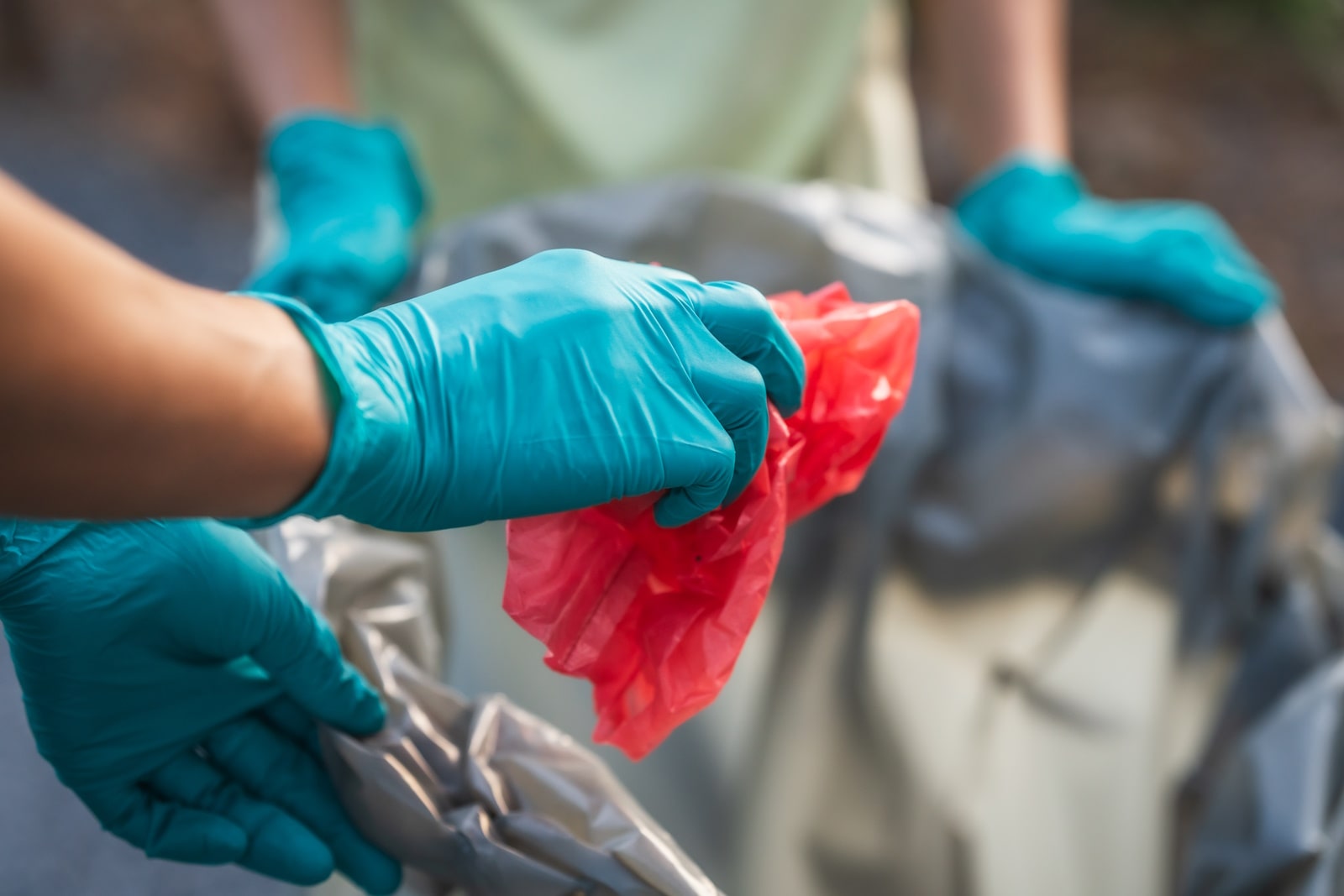Violations in Medical Disposal Waste Management
Medical waste is not just an issue of hygiene—it is a matter of public health, legal compliance, and environmental protection. In South Africa, the management of medical disposal waste is governed by several regulatory frameworks, including the National Environmental Management: Waste Act (NEM:WA) and the Health Act, both of which mandate stringent handling, transportation, and disposal protocols for healthcare waste.
However, despite clear regulations, healthcare providers and facilities still commonly breach these standards. Below we explore the most frequent violations in medical disposal waste practices, their consequences, and practical steps to avoid them.
Improper Waste Segregation
At the heart of compliant medical disposal waste handling lies proper segregation. Waste generated in healthcare settings includes general waste, infectious waste, pharmaceutical waste, sharps, and pathological waste. A common violation occurs when facilities fail to separate these streams at the point of generation.
Mixing infectious and general waste not only increases the volume of hazardous waste but also heightens the risk of exposure to harmful pathogens. This practice also complicates treatment and disposal, potentially leading to incineration of materials that could otherwise be recycled or disposed of more sustainably.
To prevent this, South African regulations require the use of colour-coded containers—typically red for infectious waste, yellow for sharps, and black for general waste. Proper training and visible signage are essential in ensuring all staff adhere to these segregation rules.
Incorrect Labelling of Waste Containers
Inadequate or inaccurate labelling of medical disposal waste containers is a widespread issue. Labelling failures may include missing hazard symbols, incorrect dates, or absent generator information. These oversights can cause mismanagement of waste during collection and transport, exposing handlers to unnecessary risks and leading to possible legal penalties.
To remain compliant, all containers must be labelled clearly in accordance with the South African National Standard (SANS 10248), including the waste type, generator details, and collection date. Labels should be durable and legible, even under challenging conditions like moisture or chemical exposure.
Inadequate Staff Training
Even the most robust policies are ineffective without trained personnel to enforce them. In many healthcare settings, waste management is treated as a peripheral concern, and staff may be unaware of the implications of mishandling medical disposal waste. This leads to errors in segregation, container use, and documentation.
Regular training is not merely a best practice—it is a regulatory requirement. According to the Department of Environmental Affairs, all personnel involved in waste handling must be educated on waste classification, segregation procedures, emergency responses, and record-keeping.
Healthcare institutions should implement structured training programmes, backed by competency assessments and refresher sessions, to ensure compliance and safeguard staff and patient wellbeing.
Improper Sharps Disposal
Sharps, including needles, scalpels, and glass ampoules, are among the most dangerous types of medical disposal waste. When discarded into general waste or non-puncture-resistant containers, they pose severe injury and infection risks, particularly to cleaning staff and waste handlers.
South African legislation requires sharps to be collected in rigid, puncture-proof containers that are sealed and labelled before disposal. Containers should never be filled beyond three-quarters capacity to reduce the chance of needlestick injuries during closure or transport.
Implementing strict protocols and ensuring adequate supplies of compliant sharps containers are key to reducing these incidents.
Use of Damaged or Improper Containers
The use of substandard or damaged containers is another violation that plagues the sector. Containers that are cracked, leaking, or improperly sealed can result in environmental contamination and occupational exposure.
It is the responsibility of healthcare providers to inspect medical disposal waste containers routinely and replace any that fail to meet safety standards. Suppliers such as A-Thermal provide compliant, robust containers specifically designed for hazardous waste storage and transportation.
Overfilling Waste Containers
Though it may seem like a cost-saving measure, overfilling medical disposal waste containers is a major compliance breach. It increases the risk of spills, makes containers difficult to seal, and poses exposure risks during handling and transport.
Healthcare facilities must implement collection schedules that prevent overflow and educate staff to respect fill lines marked on containers. Waste contractors should also be informed of any persistent overfilling to assess whether bin sizes or pickup frequency need adjusting.
Consequences of Non-Compliance
Failure to manage medical disposal waste correctly has far-reaching consequences. It puts staff, patients, and the public at risk of infection, damages the environment, and can result in severe legal and financial penalties. Non-compliance with NEM:WA or SANS standards can lead to prosecution, fines, and reputational damage.
With the growing emphasis on environmental sustainability and occupational health, regulatory scrutiny is increasing. Therefore, compliance is not only a legal necessity but also a vital aspect of ethical healthcare practice.
Conclusion
Effective management of medical disposal waste is a shared responsibility that starts at the point of generation and extends through to final treatment and disposal. At A-Thermal, we work closely with healthcare facilities across South Africa to provide compliant, efficient, and environmentally responsible medical disposal waste solutions.
If you’re looking to improve your facility’s waste management or ensure full compliance with current regulations, contact us today. We’re here to help you protect your people and your reputation.







